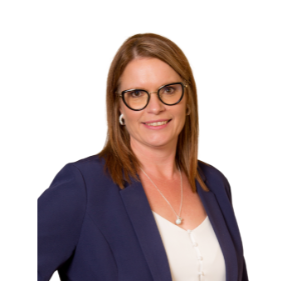Residential Mortgages
Your choice, your dreams, your home.
Buying a home is one of the biggest steps you’ll take—but it doesn’t have to be overwhelming. Whether you’re purchasing your first home, upgrading, refinancing, or investing in a vacation getaway the right mortgage puts you in control of your future.
With competitive rates and expert guidance, we make home financing simple.
- Fast approvals - because waiting on big banks isn’t fun
- Pre-approved mortgages - shop with confidence knowing your budget
- 90-day rate guarantee - lock in a great rate when you find the perfect home
- Local decision-making - get personalized solutions that fit your needs
Start your homeownership journey today!
Call (306) 845-2105 or email LendingTeam@turtlefordcu.ca







